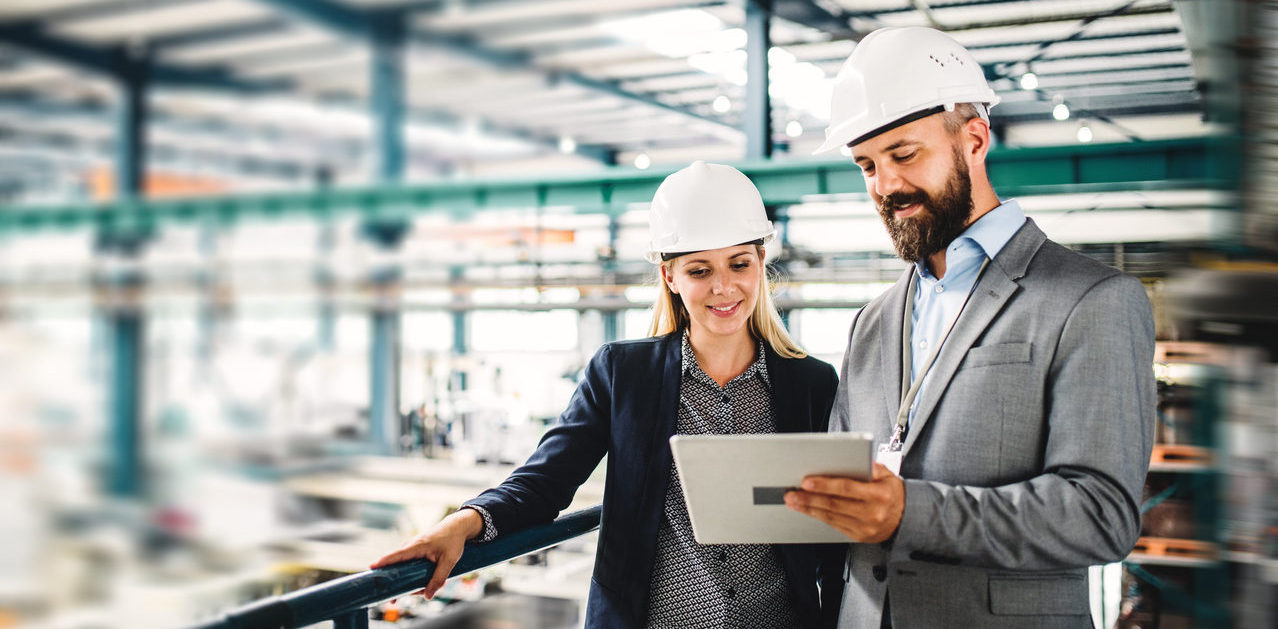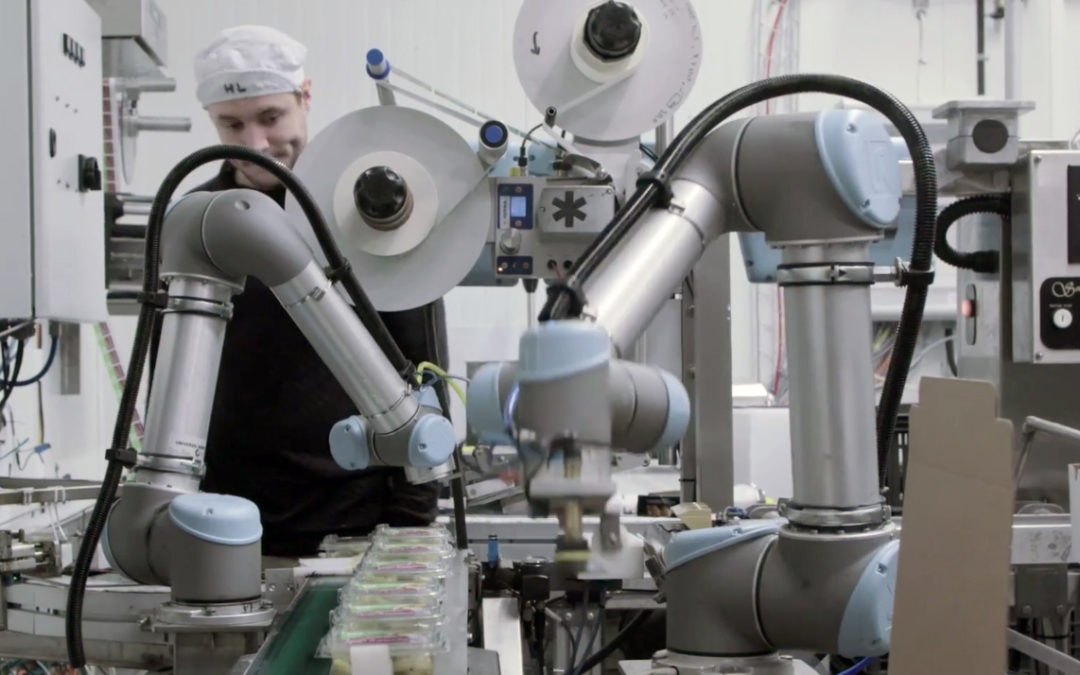
Insights

By Mid-Century Clean Energy Metals and Minerals Will Replace Hydrocarbon Resources
An energy system powered by clean technologies differs profoundly from one fueled by traditional hydrocarbon resources. Solar photovoltaic (PV) plants, wind farms and electric vehicles (EVs) generally require more minerals to build than their fossil fuel-based counterparts. A typical electric car requires six times the mineral inputs of a conventional car and an onshore wind plant requires nine times more mineral resources than a gas-fired plant. Since 2010, the average amount of minerals needed for a new unit of power generation capacity has increased by 50% as the share of renewables in the market has increased.
Lithium, nickel, cobalt, manganese and graphite are crucial to battery performance, longevity and energy density. Rare earth elements are essential for permanent magnets that are vital for wind turbines and EV motors. Electricity networks need a huge amount of copper and aluminum, with copper being a cornerstone for all electricity-related technologies.
The shift to a clean energy economy is set to drive a huge increase in the requirements for these minerals, meaning that the energy sector is emerging as a major force in metal and mineral markets. Until the mid-2010s, the energy sector represented a small part of total mineral demand. However, as the energy transition gains momentum, clean energy technologies and materials have become the fastest-growing segment of demand.
The demand for clean energy minerals and metals over the next two decades will rise to over 40% for copper, 60-70% for nickel and cobalt, and nearly 90% for lithium. EVs and battery storage have already displaced consumer electronics to become the largest consumer of lithium and are set to overtake stainless steel as the largest end user of nickel by 2040.

Localized Mini Factories Can Build Communities In Weeks, Not Years
Cuby Technologies, Inc., a construction technology firm with headquarters in New York, is poised to change the way construction is done in the United States and around the world. While there are many “assembly-line” style prefab and modular building manufacturers, Cuby is vastly different and will transform the idea of “prefab” and “modular” altogether.
Rather than having one capital-intensive centralized mega-factory to produce prefabricated building parts or components, Cuby is using finely engineered, decentralized, localized factories that will solve the huge logistics challenge posed by the traditional modular and prefab methodologies that to date have been prohibitive to scaling and adoption amongst incumbent players.
Taking advantage of these efficiencies, builders could dramatically reduce the estimated 4.8 million single-family home shortage that currently exists in the U.S. housing market (since 2001), a $1.95 trillion current-day value. One of the factors contributing to our housing shortage is the shrinking pool of qualified, trained construction workers.
“Cuby’s lean manufacturing approach solves two of the biggest problems currently in construction: a dramatic shortage of labor and shortage of quality,” said Cuby’s co-founder, Aleh Kandrashou. Constructed using steel and concrete, with smart-home technology built in, Cuby homes will be of higher quality than a typical wood-framed home and will cost, on average, less per square foot, almost doubling builders’ margins, passing through the savings to end-occupiers.

Digitalization is the Only Way Out of this Mess!
Today’s dramatic stock and commodities market drops were caused by news of a highly mutated version of COVID-19 that scientists worry might evade current immunity and vaccines, leading to future lockdowns and economic challenges.
The pandemic has reframed everything into a new normal, where resilience, redundancy, agility, collaboration and efficiency are top priorities for all companies involved in manufacturing and distribution.
Prior to the pandemic, factories and shipping operated with predictability and certainty. Now, after facing unprecedented challenges, producers and shippers need to react almost instantly to adapt to the new normal of volatility and chronic disruption.
Fortunately, strategies are currently available to help solve these problems, and because this is the new normal, companies are shifting their approaches to include localization, digitalization, and sustainability.
Companies of all sizes are increasingly adopting software that can help with simulations. Companies that rely on many suppliers for parts that are assembled to create products are using digital twins of their factories that connect to digital twins of their suppliers’ factories to predict bottlenecks before they happen and implement alternatives. Digital twins can even extend to the supply chain to predict shipping disruptions and reroute transportation flows to minimize or avoid delays in transit.
The current dynamic is painful for companies and consumers, but these near-term challenges will ultimately result in a stronger manufacturing and supply chain ecosystem that uses technology to be more flexible, localized and sustainable.

Carbon Capitalism is the Key To Reversing Climate Change
With the COP26 Summit in Glasgow coming to a close, the consensus seems to be that capitalism, more than policy, will ultimately solve the climate problem.
The private sector collaborating with national laboratories and academia will develop technology necessary to economically remove billions of tons of greenhouse gases that are already in the atmosphere. It will be the private sector that has and will continue to create clean energy applications and products.
Private industry will gladly move into this space, because the $100+ trillion economic market opportunity involving carbon capitalism will become the largest economic opportunity in the history of the world.
So, where do things stand now and when can we expect carbon capitalism to really take off? To use a baseball analogy, we’re in the 1st inning. But, this transition will move quickly and it’s likely that major technological breakthroughs in direct air capture of carbon and methane will begin to be commercialized on a large scale within the next five years.

Cobots Are About To Save the World!
Most companies are currently feeling the negative impacts of pandemic-induced labor shortages. This problem has been made worse by a baby boomer workforce that’s transitioning to retirement and a reluctance by young workers to enter traditional industries, like manufacturing.
While the situation is becoming dire, there could be some light at the end of the tunnel. Cobots, which are robots that work collaboratively with humans could be the solution to this problem. Cobot-related jobs are higher paying than typical factory jobs and they involve working with technology, which is attractive to young workers entering the job force. Additionally, training for many cobot-related jobs can be accomplished through technical certifications that do not require college degrees.
Two successful and growing companies in this space are Universal Robots and OnRobot, both coincidentally originating from Denmark and expanding globally.
Cobots from Universal Robots are designed to share a workspace with humans, making automation easier than ever before for businesses of all sizes. Universal Robots has sold more than 50,000 cobots which are used in several thousand production environments every day around the world.
OnRobot makes end-of-arm tooling, grippers and sensing mechanisms that are compatible with most robot and cobot brands. OnRobot’s collaborative automation technology has leveled the playing field for small and medium size manufacturers. OnRobot’s technology improves cycle time and can improve productivity by 50% or more.
There are hundreds of other companies in this space that are leading the way to a brighter future and better, safer jobs. Increased use of cobots could be one strategy that will help us transition out of the pandemic and stimulate sustainable economic growth.
Contact Us

